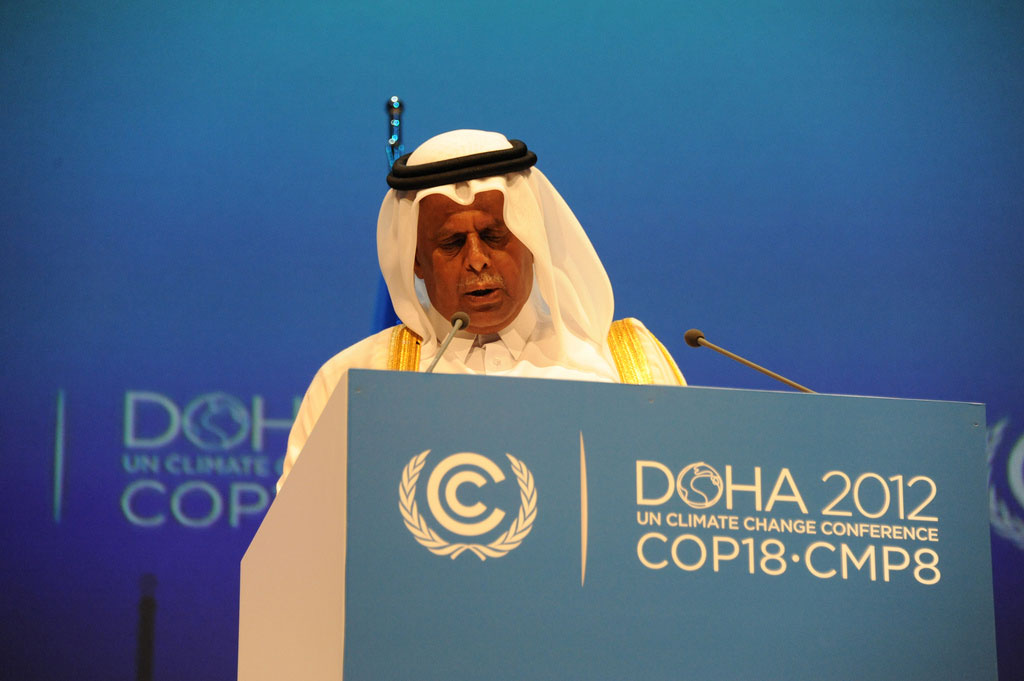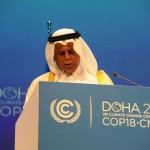MR Energy Systems and Greenhouse Gas Management Institute cooperate to expand reach of carbon management education to Italy
Link al comunicato pdf: 2014_07_09_Press_Release ITA; 2014_07_09_Press_Release EN
MR Energy Systems and Greenhouse Gas Management Institute cooperate to expand reach of carbon management education to Italy
e-learning courses on GHG monitoring, reporting and verification
Venezia, Italy (9th July 2014)
MR Energy Systems (MR Energy), the leading provider of consulting engineering in the field of sustainability, and the Greenhouse Gas Management Institute, the leading trainer on greenhouse gas accounting and verification, are delighted to announce that they will be cooperating to expand carbon management education to Italy.
Many countries and regions are establishing policies, including the creation of carbon markets, designed to cut the emissions that cause climate change. An increasing number of companies are establishing GHG emission reduction targets, both in reaction to such policies, and voluntarily, as a strategic response to the risks associate to climate change. An effective and credible GHG management system is a cornerstone for the success of any such initiative. To support this process in Italy, MR Energy will now be delivering GHG Management Institute courses to Italian students, practitioners, and leaders. This collaboration will provide Italian government, industry, and academia with a comprehensive overview of carbon management —from the background and principles of carbon accounting and monitoring, to detailed specifics of GHG reporting and verification.
Commenting on the collaboration, Mauro Roglieri, MR Energy’s General Manager, said, “Our e-learning platform, MR Energy Academy, reflects our commitment to provide the market with effective services and tools to support the transition to a sustainable economy. We believe that knowledge is always the first and main driver for change. This is why we’re really proud to announce the Partnership with GHG Management Institute, surely a high quality standard guarantee for Italian operators.”
Michael Gillenwater, Dean of the GHG Management Institute, said, “The Institute is delighted to be partnering with MR Energy to expand its training curriculum and grow the community of greenhouse gas experts around the world, which we believe is essential to addressing climate change.“
###
About MR Energy Systems
MR Energy Systems is an Italian Consulting Engineering company, with many years of experience in the field of carbon & energy management and other services related with climate change mitigation. MR Energy Systems supports public and private organizations to lower their energy and environmental impacts towards a sustainable economy. MR Energy Academy is an on-line education platform, created by MR Energy Systems to share its experience and know-how with a wide range of professionals.
For more information, go to http://academy.mrenergy.it/en/
Watch a short video here: http://youtu.be/k1dGI7fQ3o4
About the Greenhouse Gas Management Institute
The Greenhouse Gas Management Institute is a nonprofit organization focused on training and education. The Institute’s mission is to train and develop a global community of experts with the highest standards of professional practice in measuring, accounting, auditing, and managing greenhouse gas emissions; meeting the needs of governments, corporations, and organizations large and small.
For more information, go to www.ghginstitute.org

